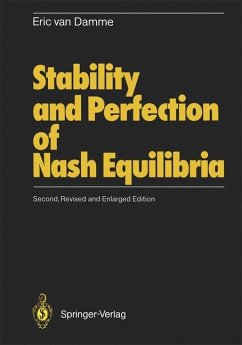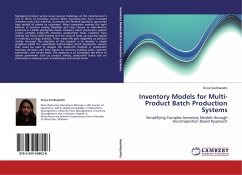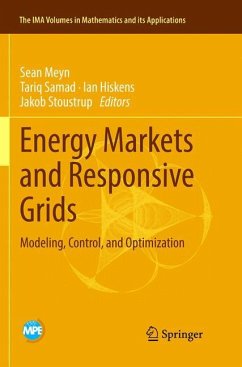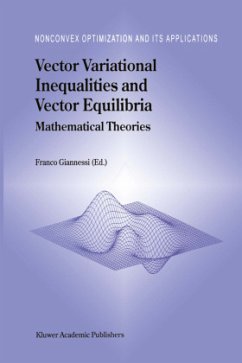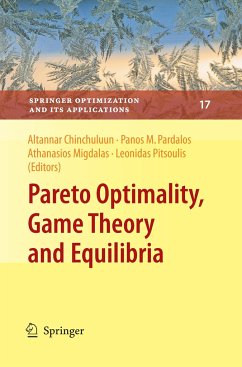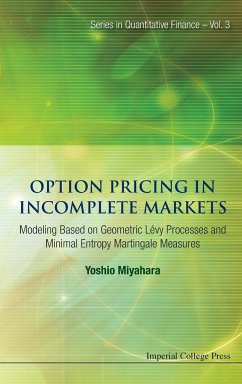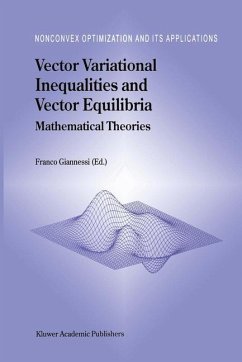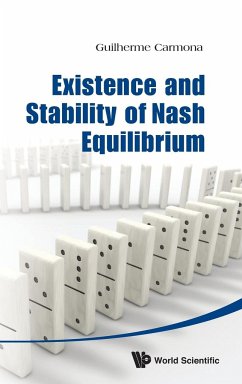
Nash Equilibria in Power Markets and Product Design
Analysis and Algorithms
Versandkostenfrei!
Versandfertig in 6-10 Tagen
39,99 €
inkl. MwSt.

PAYBACK Punkte
20 °P sammeln!
The book considers in detail two primary applications of game theory. The former refers to a networked power market setting with the competition characterized by the quantities. The latter deals with a classic Bertrand marketing problem in product design. The electricity market setting is modelled from multiple standpoints, all accounting for uncertainty. Different settings where the central operator is profit maximizing and revenue neutral are studied. One of the influential contributions of this work is the modelling and addressing of generators' shortfall risk. Variational tools are used fo...
The book considers in detail two primary applications of game theory. The former refers to a networked power market setting with the competition characterized by the quantities. The latter deals with a classic Bertrand marketing problem in product design. The electricity market setting is modelled from multiple standpoints, all accounting for uncertainty. Different settings where the central operator is profit maximizing and revenue neutral are studied. One of the influential contributions of this work is the modelling and addressing of generators' shortfall risk. Variational tools are used for analysis and computation of equilibria. Rigorous mathematical analysis leads to strong existence statements on the games' solutions. Convergent decomposition based first order algorithms are proposed. The algorithms are seen to scale very well on practical large networked settings like the Belgian grid. They also prove to be good alternatives to second order schemes. The Bertrand competition is however seen to be less tractable analytically. Existence statements are made under some mild assumptions. The equivalent complementarity problems are solved and useful insights are studied.



